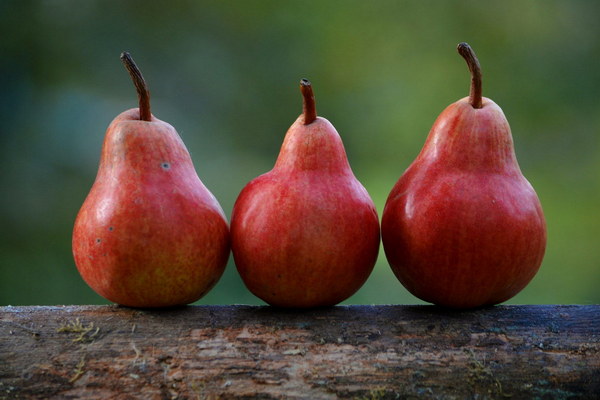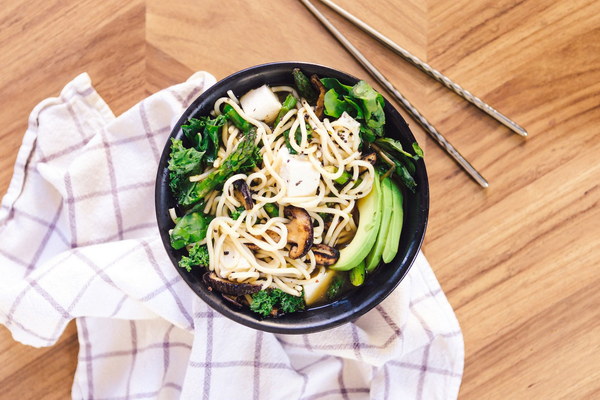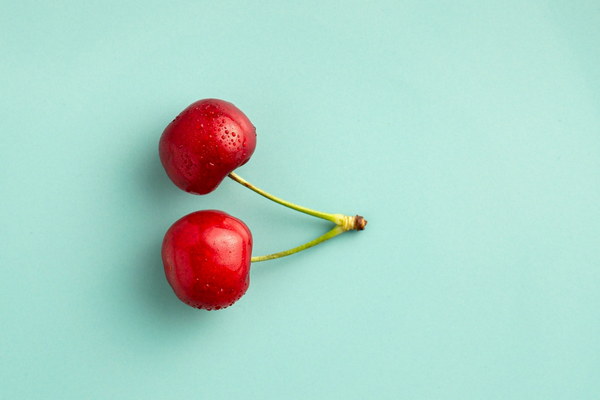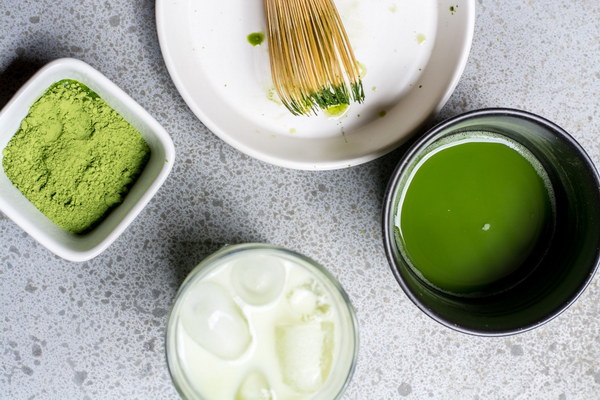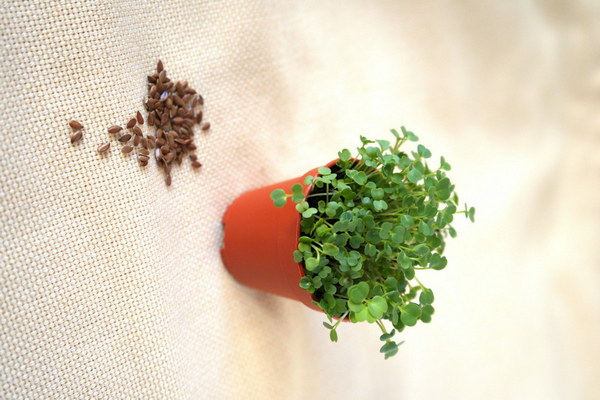The Fatigue of Healing Navigating the Tiring Journey of Chinese Medicine
The ancient art of Chinese medicine, with its holistic approach to wellness, has captivated countless individuals seeking natural remedies for their ailments. However, for many, the journey to wellness is not without its challenges. One common experience shared by those who turn to traditional Chinese medicine (TCM) is a feeling of overwhelming fatigue. This article delves into the reasons behind this fatigue and offers insights on how to navigate this tiring phase of healing.
Understanding the Fatigue
When you start a course of Chinese medicine, whether it's in the form of herbs, acupuncture, or other modalities, your body goes through a period of adjustment. This adjustment is crucial for the medicine to take effect, but it often comes with a price—a sense of extreme tiredness.
Here are some reasons why you might feel exhausted while on Chinese medicine:
1. Detoxification: Chinese medicine often aims to detoxify the body, clearing out impurities and restoring balance. This process can be demanding on your body's resources, leading to fatigue as your system works to eliminate toxins.
2. Imbalance Correction: TCM focuses on correcting imbalances in the body's energy (Qi) and organs. As these imbalances are addressed, your body may undergo significant changes, which can temporarily increase your energy expenditure and lead to fatigue.
3. Herbal Interactions: The potent properties of herbs used in TCM can interact with other medications you might be taking, or they may require additional energy from the body to process. This interaction can result in a feeling of tiredness.
4. Sleep Quality: The body's response to Chinese medicine can sometimes disrupt sleep patterns, either by causing insomnia or by making you feel excessively tired during the day.
Navigating the Fatigue
While fatigue is a common and often temporary side effect of Chinese medicine, there are ways to manage and mitigate this feeling:
1. Rest and Relaxation: Ensure you're getting enough rest. Fatigue is your body's way of signaling that it needs to recover. Listen to these signals and give yourself the time and space to rest.
2. Diet: Pay attention to your diet. A balanced diet rich in vitamins and minerals can help support your body's healing process. Avoid excessive caffeine and sugar, as these can exacerbate feelings of fatigue.
3. Hydration: Stay well-hydrated. Proper hydration is essential for the body's detoxification process and overall health.
4. Consistency: Stick to your treatment plan as closely as possible. Consistency is key in Chinese medicine, and deviating from your regimen may affect the effectiveness of the treatment and the duration of fatigue.
5. Mindfulness and Stress Reduction: Practices such as meditation, yoga, or gentle exercise can help reduce stress, which can contribute to feelings of fatigue.
6. Communication: Keep an open line of communication with your practitioner. Inform them of any side effects or concerns you have so they can adjust your treatment plan if necessary.

Conclusion
The fatigue experienced during Chinese medicine treatment is a testament to the body's commitment to healing. It's a phase that, while challenging, is often temporary and a necessary part of the journey to wellness. By understanding the reasons behind this fatigue and taking proactive steps to manage it, you can navigate this tiring period with greater ease and emerge stronger and healthier. Remember, the end goal is not just to alleviate symptoms but to achieve a state of balanced health, and this journey is worth the effort.
